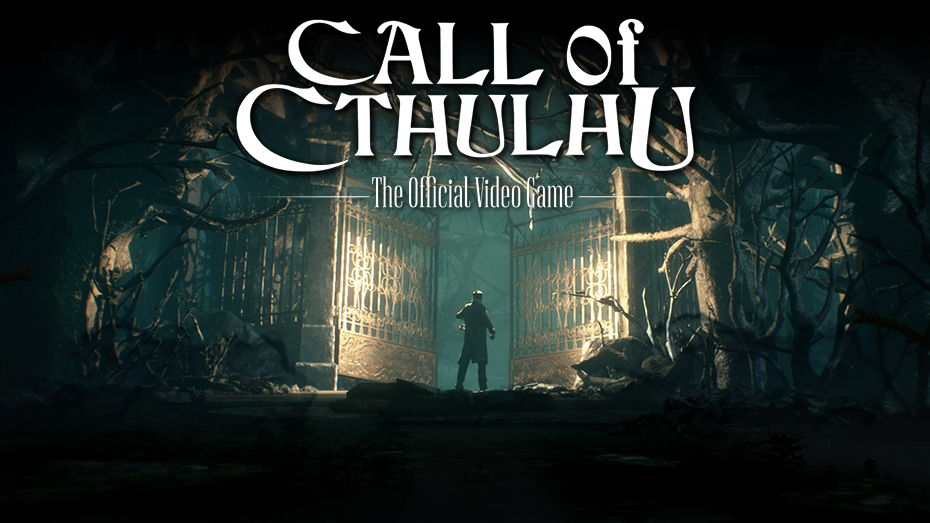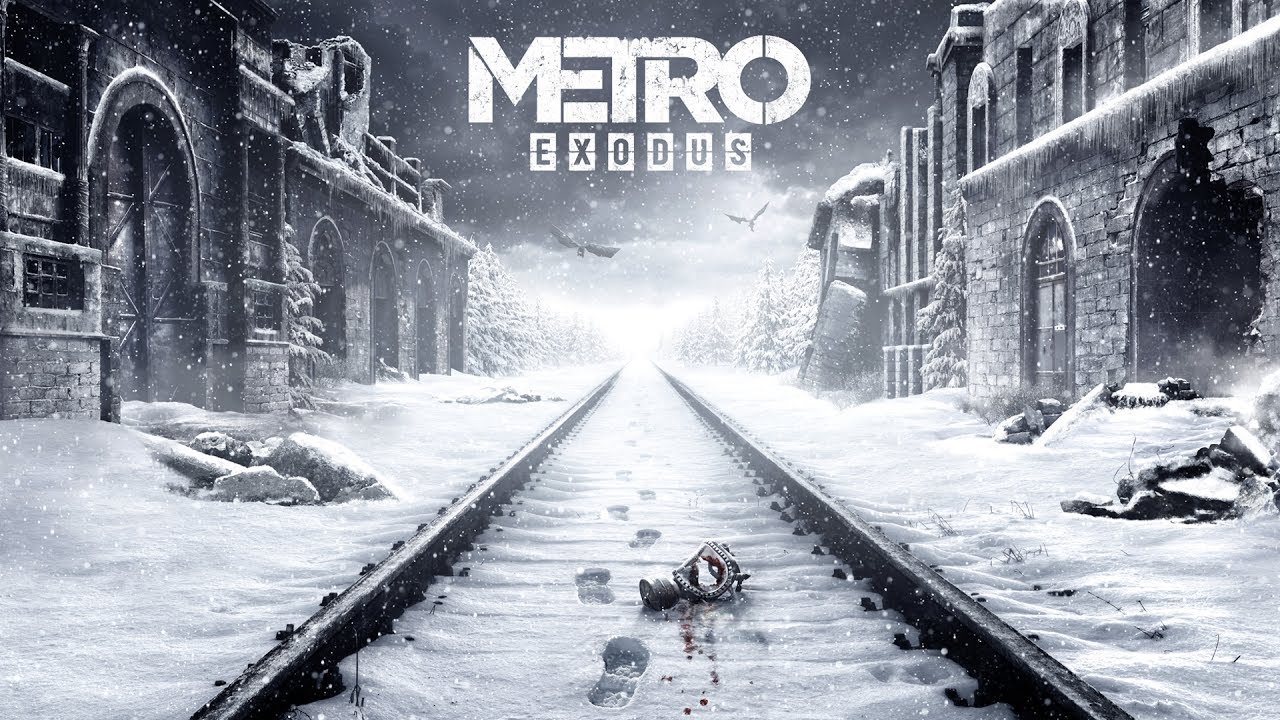Call of Cthulhu under test
The French developer Cyanide Studios dares to take on the legacy of H.P. Lovecraft and confronts us in Call of Cthulhu with the dark hustle and bustle of the big old ones. Following the rules of the popular Pen and Paper, we accompany the failed and alcoholic detective Edward Pierce on his surreal descent into the abysses of madness. To solve the strange death of the Hawkins family he goes to Dark Island. What Edward Pierce doesn’t know: the island and its inhabitants hold a terrible secret: Ph’nglui mglw’nafh Cthulhu R’lyeh wgah’nagl fhtagn – In his house in R´lyeh lies and dreams the dead Cthulhu!
The dreaming dead
Boston, 1924. The detective Edward Pierce, drawn by the horrors of the First World War, tries to find refuge from his traumas in alcohol. Night after night, plagued by nightmares, a demanding whisper rises from the images of violence in the spirit of the war veteran. In his melancholy, Pierce rejects all orders that do not surpass the horrors in his head. This changes when he is entrusted with the strange case of the Hawkins family. The entire family died in a mysterious fire. At the centre of the events: a sinister painting. Called by unknown entities and driven by professional curiosity, the broken man sets off for Dark Island to get answers to questions he would never have wanted to ask. The story of Call of Cthulhu is a dream come true for every lover of H.P. Lovecraft’s stories. Here one uses certain motifs without copying them and develops them into something independent. On Dark Island you can find hints or smaller quotations, which refer to events in the Cthulhu myth. In his diary, Pierce repeatedly notes thoughts on relevant events or objects of significance. The information to be extracted from this provides interesting explanations and backgrounds. Although these are not absolutely necessary for understanding the framework plot, gives the event much more depth.
The heart of every good Cthulhu story is the human confrontation with truths that he can’t understand or process. With Edward Pierce we are presented with a character who, due to the terror of the First World War, has already lost certain aspects of his rational mind and is therefore potentially receptive to the teachings of the myth. A fact that doesn’t make him a helpless victim, though. Pierce is intelligent, purposeful and absolutely willing to unravel the terrible mystery behind the horrific fire death of the Hawkins family. This single-mindedness is also needed, because the story of Call of Cthulhu is well written. Although it doesn’t offer much tempo, like its great role models, it knows how to build up a lot of tension with its mood. Be it through conversations with residents on the island or the general atmosphere of Dark Island. Based on the trailers I thought that the plot of Call of Cthulhu would take place mainly in an abandoned mansion, but I was wrong. Call of Cthulhu proves to be very varied in terms of its locations. The story also features some really good storytwists, which I absolutely didn’t see coming in this form. This gives the whole thing a nice drive and gives you the first-class feeling of being in a supernatural detective noir story.
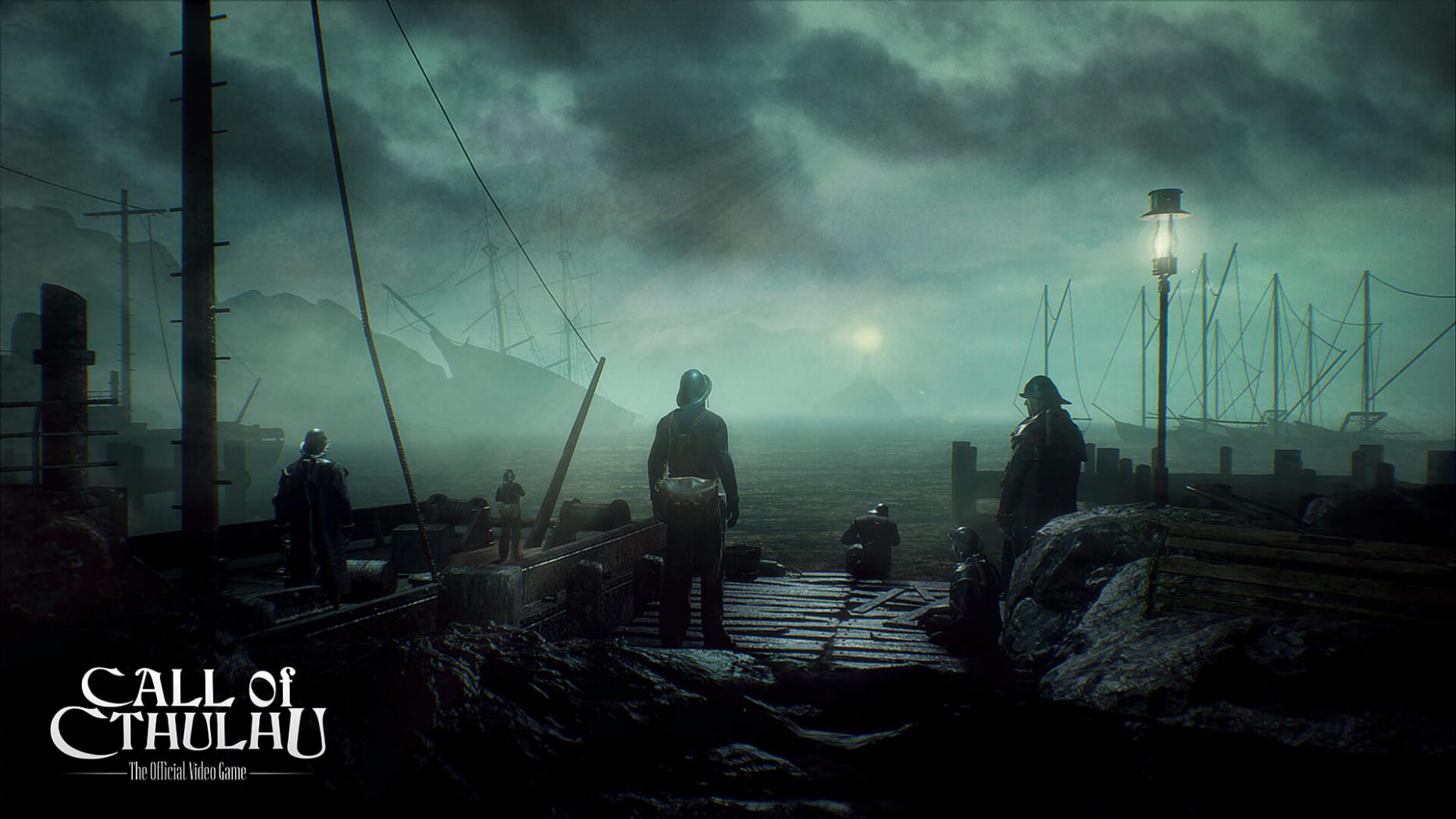
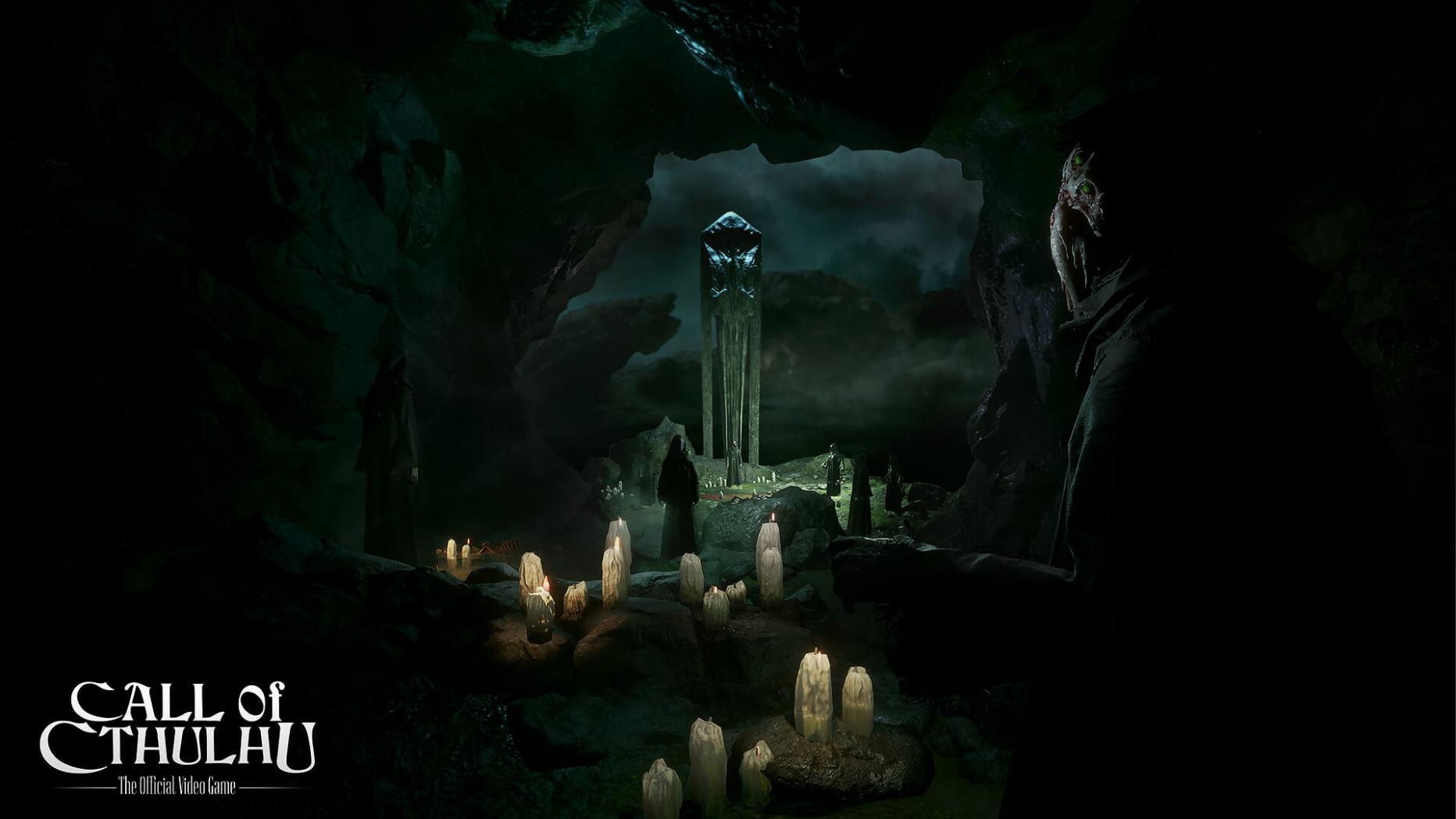
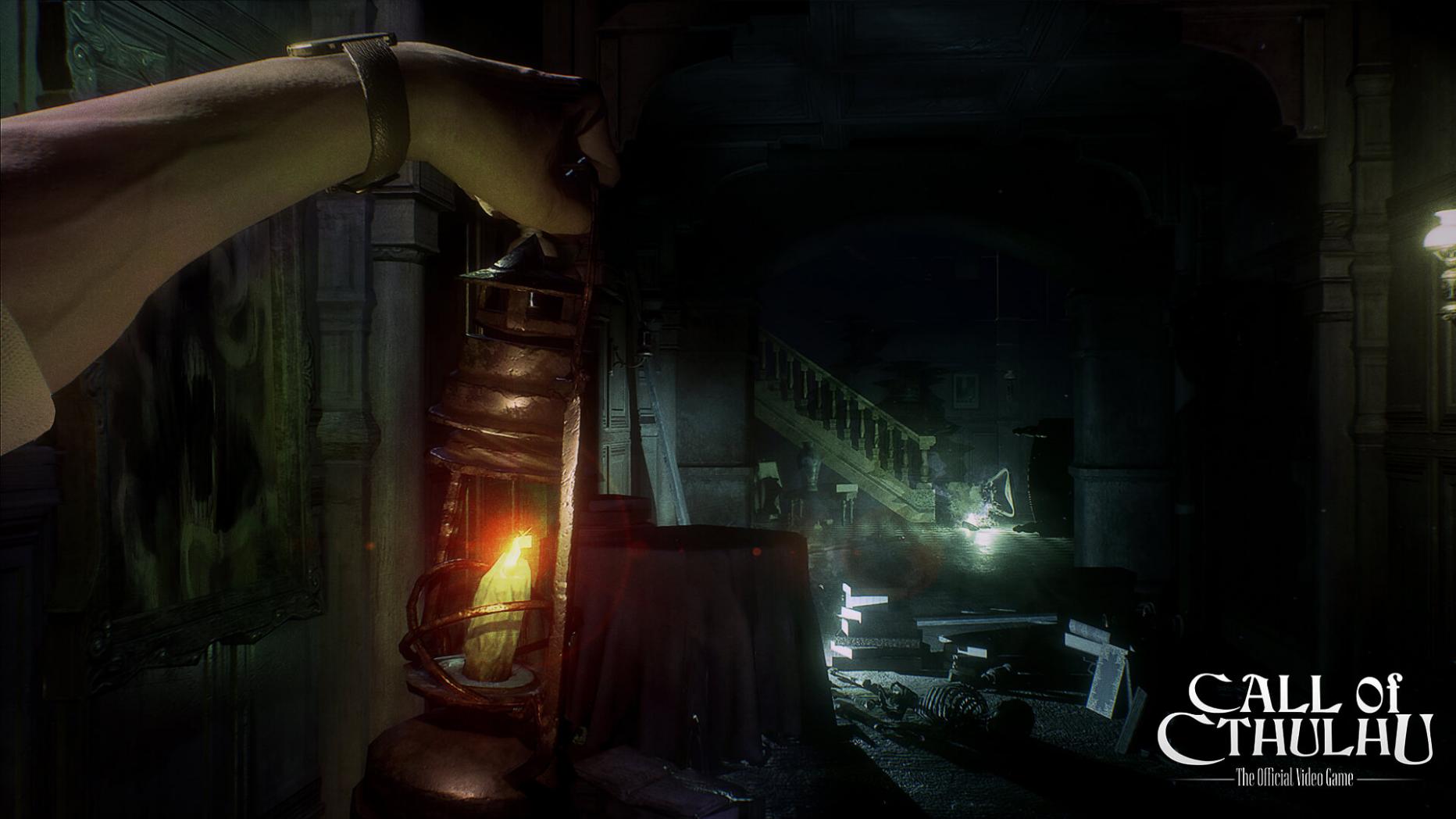
Madness as a status symbol
Playfully Call of Cthulhu is a roleplaying adventure game. From the ego-perspective we explore the surroundings, collect objects and solve smaller, but partly nicely tricky puzzles. Occasionally, we investigate crime scenes and reconstruct events. The rare creep passages are unfortunately somewhat immature and got on my nerves despite my love for the Ganre of the creep games.
We spend most of our time interviewing people. Call of Cthulhu is a striking reminder of Dontnod’s vampyr. Using a dialog wheel, we select from various options. Depending on possible status values, previously conducted dialogs or already discovered hints, the conversations are extended by further possibilities. Unlike in Jonathan Reid’s adventure, however, the dialogues are never boring because they are always context-related. With every conversation we dive deeper into the mystery around Dark Island. So you always stay motivated in spite of the many chats. By the way, Edward Pierce and Dr. Jonathan Reid not only look a lot like each other, but also share the same speaker with Anthony Howell from the UK.
Edward Pierce has several values: investigation, medicine, psychology, strength, occult and insanity/stability. Each of these values gives us more options in dialogues or new ways to interact with our environment. A high force value, for example, allows us to lift heavy obstacles, while extensive medical expertise enables us to diagnose and treat injuries. All values can be improved with experience points gained. Exceptions to this are medicine and occultism, which can only be improved by studying suitable literature. Madness grows with every confrontation of a supernatural nature, this leads to loss of stability and makes Pierce more receptive to the teachings of Cthulhu.
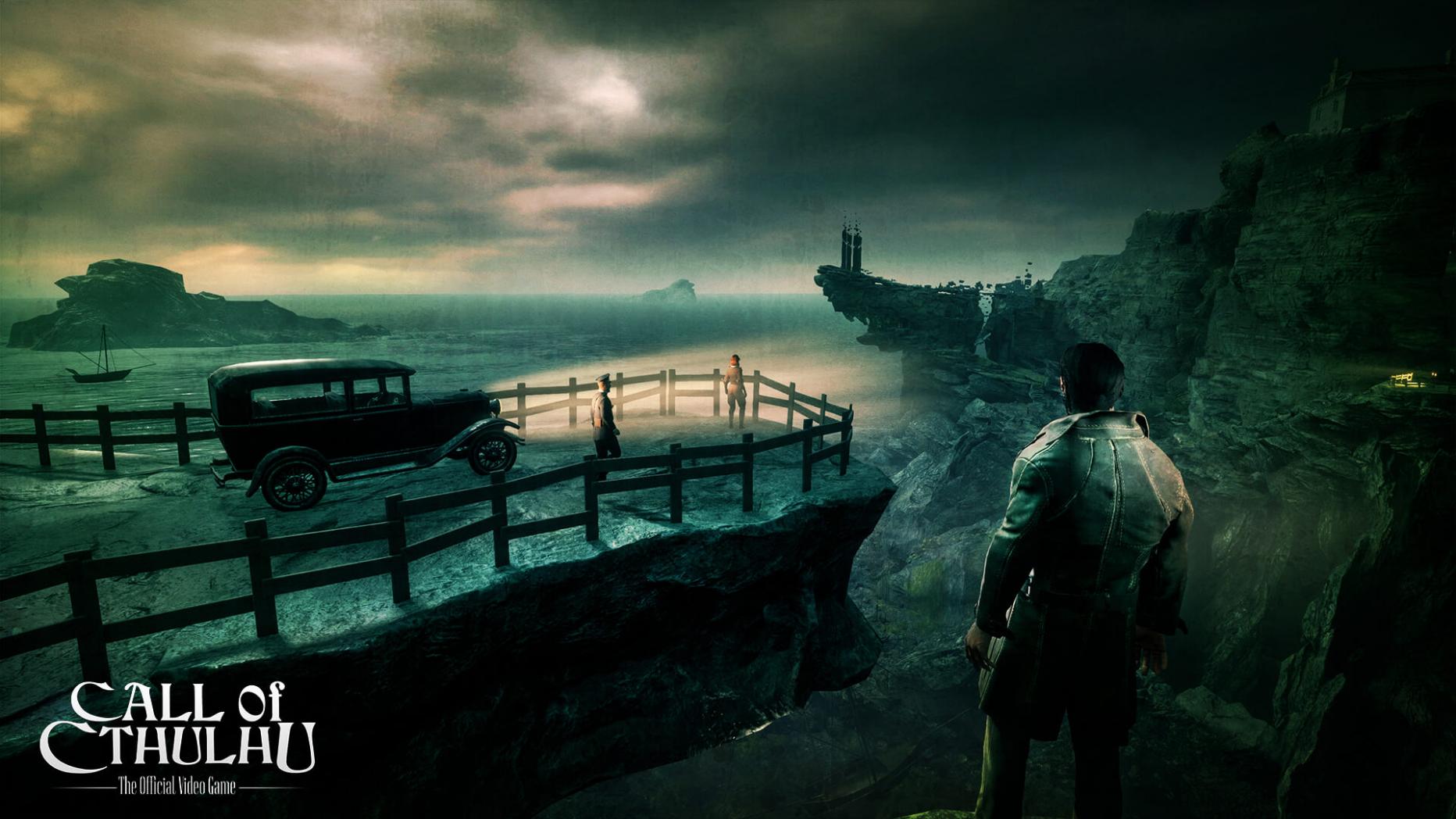
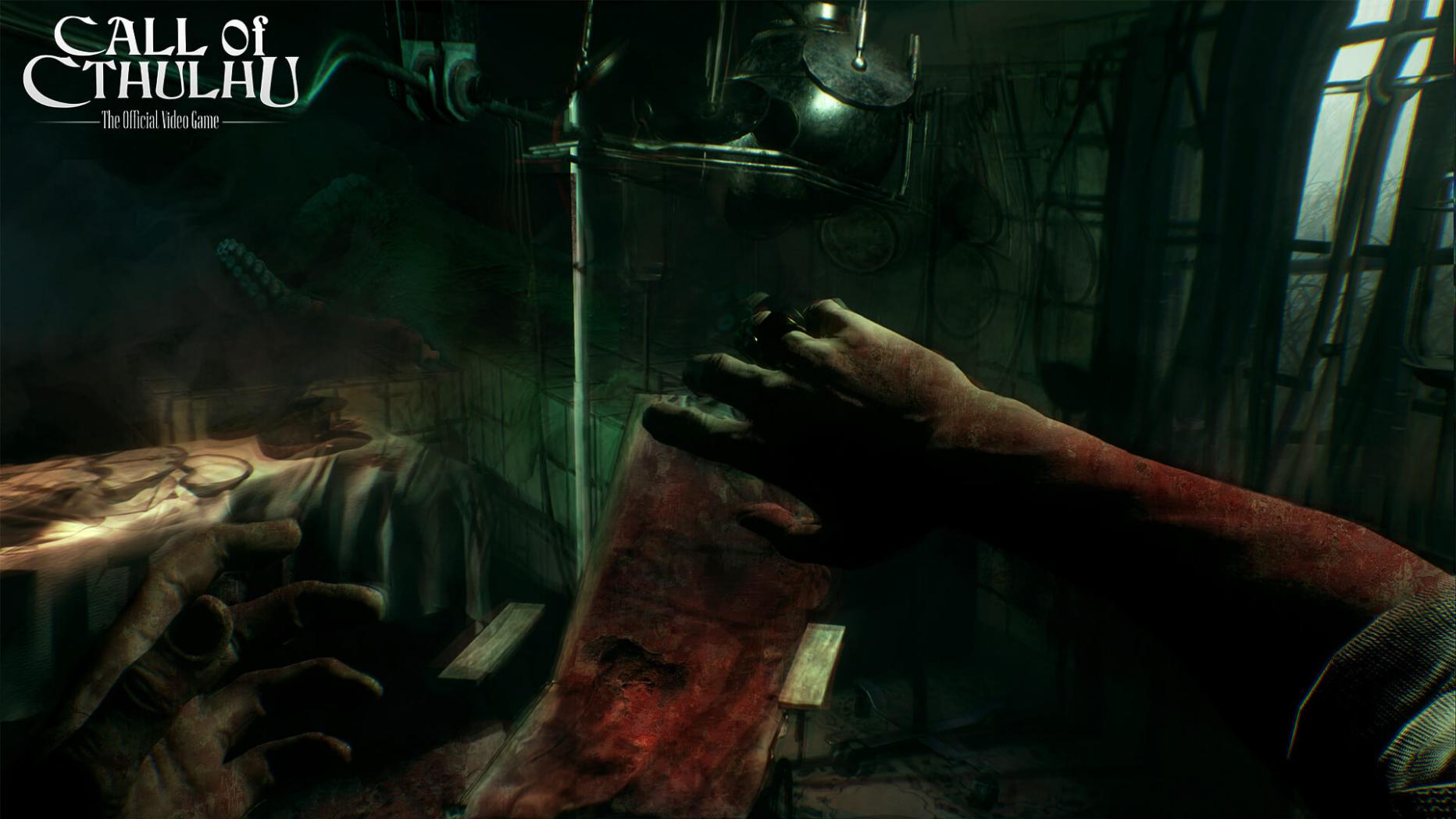
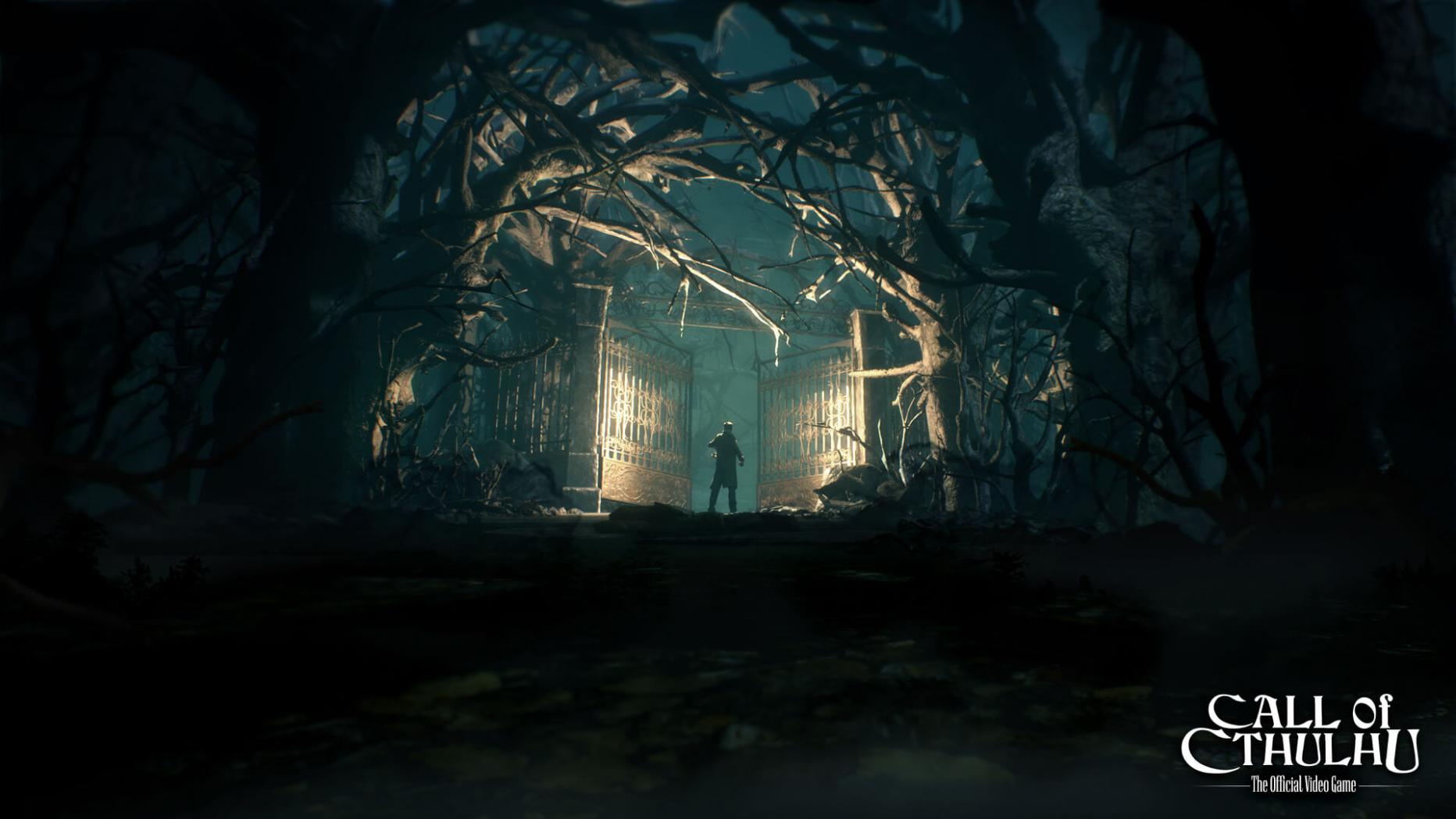
Technical scary
With all the love I have for Call of Cthulhu because of his story and the characters, I still have to say that the strange case of the Hawkins family won’t win a prize when it comes to technique. Unfortunately, the graphics are far below today’s standard. Figures are clumsy animated, movements seem unnatural and facial expressions hardly exist. The environments are scary-beautiful and function thematically excellent, but the most beautiful fog cannot hide muddy textures.
The control works, but looks very spongy. As far as menu navigation is concerned, Call of Cthulhu does without comfort. The individual windows are very confusing. It is often necessary to click through various pages until you have the desired menu window in front of your eyes. The sound, on the other hand, is fine. The eerie score, the disturbing sound carpet and the motivated (English) speakers create a pleasant creepy atmosphere.
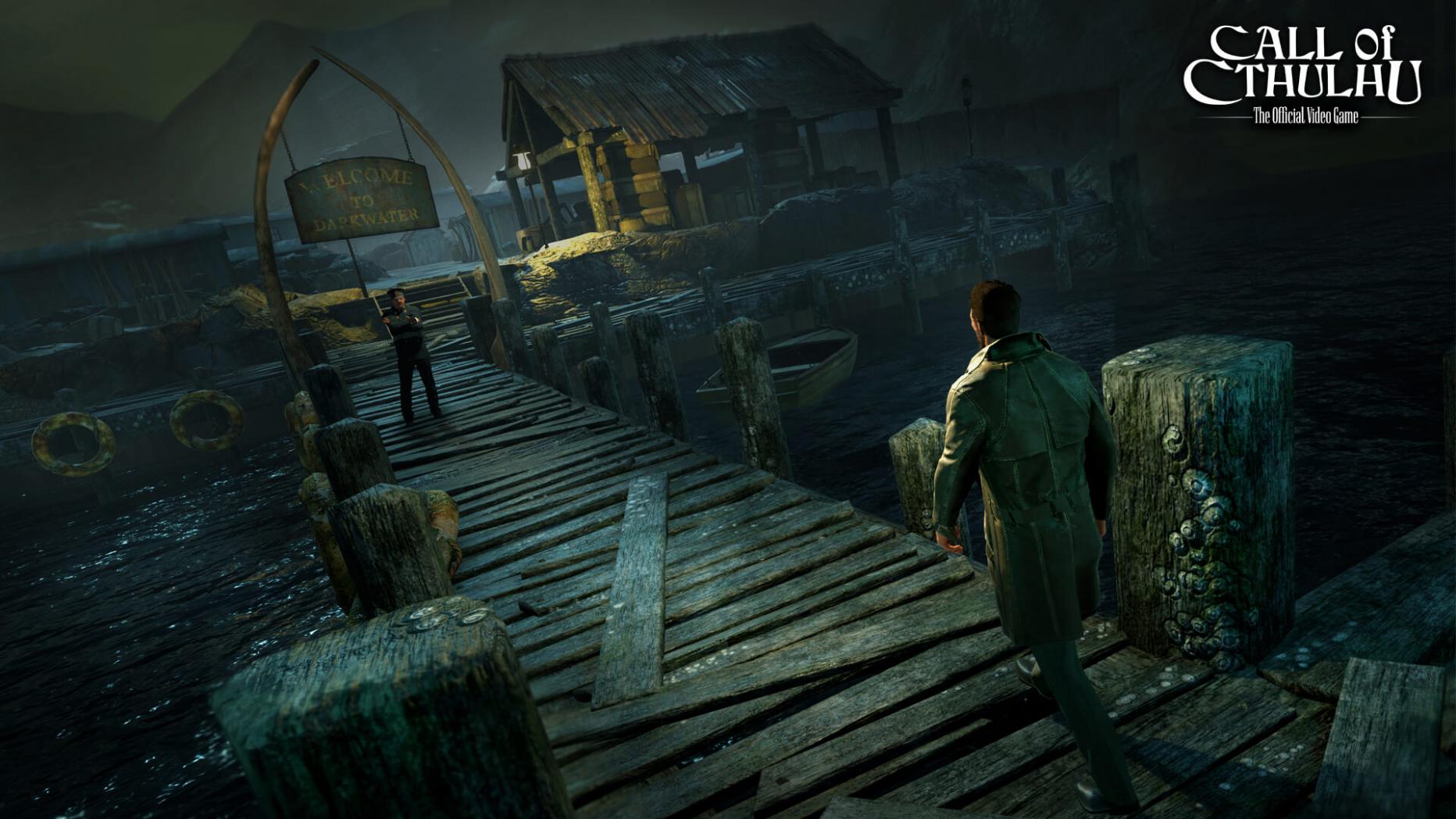
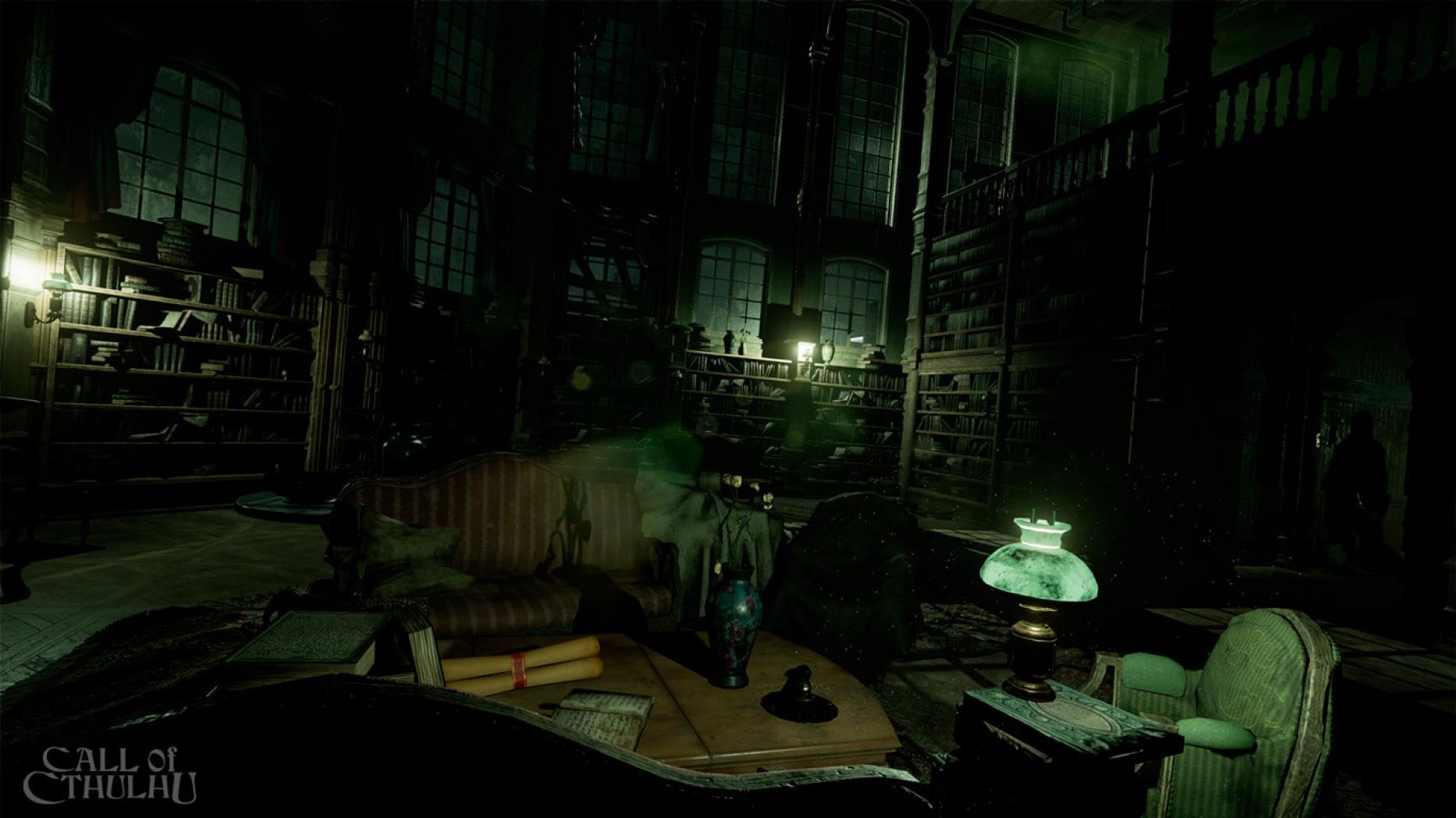
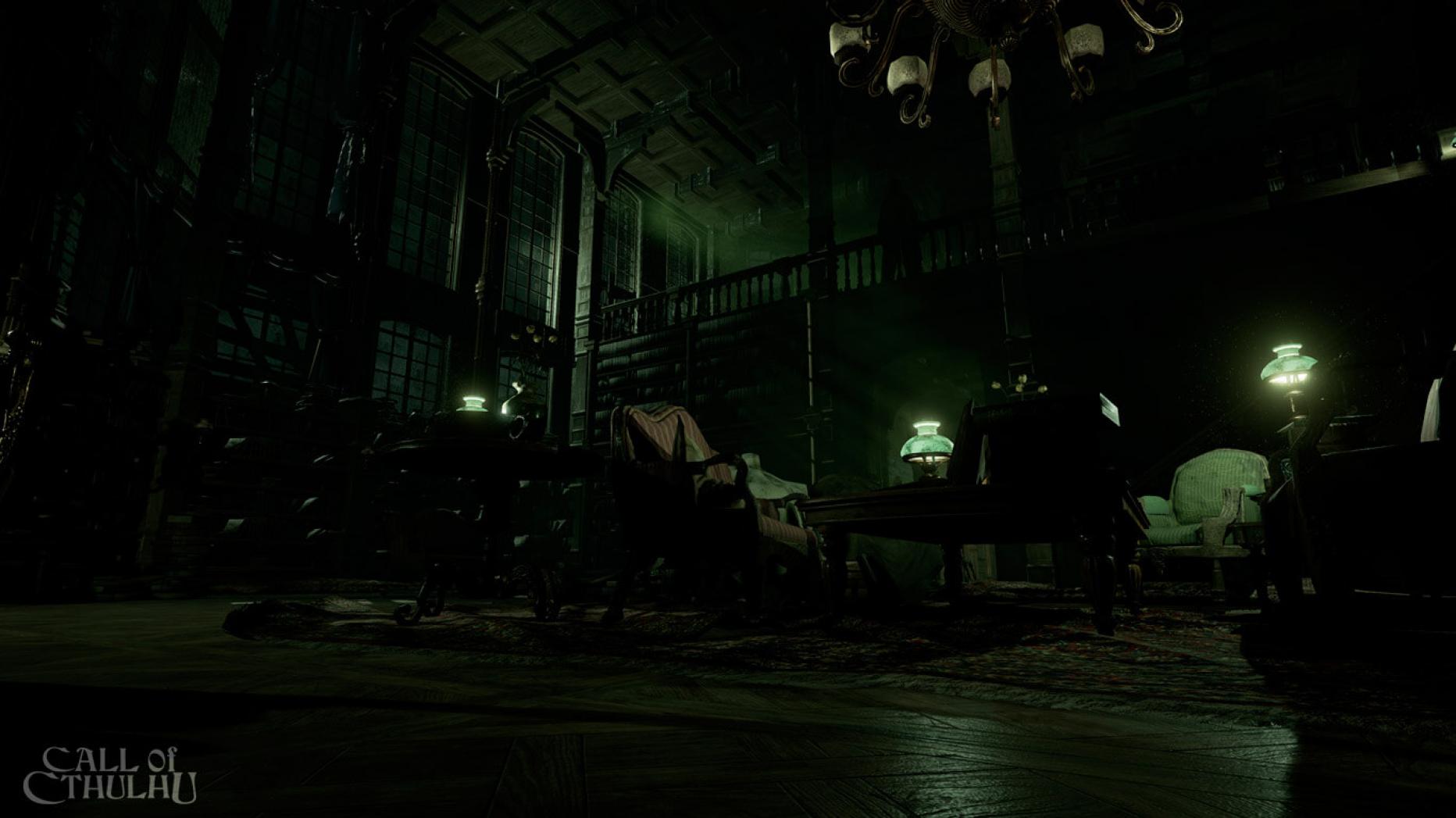
CONCLUSION
What can I say? Call of Cthulhu is truly not a beautiful game. Especially when it comes to technology, it lags far behind today’s possibilities. The graphics look outdated, the controls inaccurate and the menu navigation is hell – and yet I fell in love with this game. Call of Cthulhu has the heart in the right place. I am a big fan of the work of H.P. Lovecraft and an enthusiastic player of Pen and Paper. The stories about evil from outer space, which is completely beyond human understanding, have their own charm. Call of Cthulhu also bears this charm. I played through the story, which lasted about seven hours, in one session, because I couldn’t get away from the console because of all the tension. Of course the basic principle of the game must suit you, but I thought it was great. For long stretches I really had the feeling that I was investigating a case. If you can live with a few weaknesses, you will have a lot of fun with Call of Cthulhu for one or two winter nights.
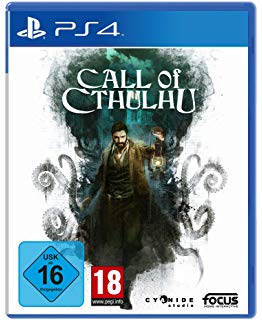
What is Call of Cthulhu?: A roleplaying adventure in the spirit of H.P. Lovecraft.
Platforms: PlayStation 4, Xbox One, Microsoft Windows
Tested: PS4 Pro
Developer / Publisher: Cyanide Studio/ Focus Home Interactive
Release: October 30, 2018
